Are Museums looking for a new identity?
The answer to this question was, without a doubt, one of the great challenges launched by the General Assembly, of the 25th Conference of the ICOM-International Council of Museums, which, between 1 and 7 September, met in Kyoto (the former capital of Japan), about of 4590 members, experts and museum professionals from 120 countries and in which I had the opportunity and the pleasure of participating, as a member of the Board of ICOM-Portugal and Scientific Director of the Museum of Portimão.
The ICOM International Conferences, held every three years, constitute a privileged space for the world museological community to meet again, for the dissemination of the most contemporary and innovative museum practices and experiences, for the promotion of dialogue and exchange of ideas and projects and scientific discussion of specific themes , from dozens of National and International Committees of ICOM.
This year, the intention was to deepen the debate on the proposed theme: MUSEUMS AS CULTURAL PLATFORMS – THE FUTURE OF TRADITION” and a decision taken by the General Assembly, on a “New Definition of Museum”.
Equally significant and inspiring were the communications that marked the official opening of this Conference, presented by the prestigious Japanese architect Kengo Kuma, by Sebastião Salgado, a renowned Brazilian photographer, and by the creative contemporary Chinese artist Cai Guo-Qiang, who addressed the relationship between humanity and nature , museums and a more sustainable future.
Five important recommendations were approved, in line with the Code of Ethics, Statutes, Internal Rules and ICOM's Strategic Plan, in areas that reflect concerns and the need for a response by museums, on various cultural, social and professional issues.
Areas such as environmental sustainability and the implementation of Agenda 2030, "Transforming our World", following the UN objectives, greater attention to environmental crises and natural disasters, the requirement to take more rigorous measures to reduce the risks of collections on a global scale, the commitment to the concept of “Museums as Cultural Platforms”, through greater strengthening of international museum networks supporting intercontinental scientific and cultural exchange, as well as strengthening the transformative capacity of community museums and ecomuseums , in the protection of cultural landscapes and social development at different territorial scales.
But it would be the discussion about the “new definition of museum” that would focus the attention of the participants and generate a stimulating, constructive and intense debate.
According to the current definition in force and approved in 2007, a museum is “a permanent non-profit institution, at the service of society and its development, open to the public, which acquires, conserves, investigates, communicates and exhibits material and immaterial heritage. of humanity and its surroundings for the purposes of education, study and enjoyment”.
The new definition, presented for consideration and voting at the Kyoto General Assembly, proposed considering museums as “democratizing, inclusive and polyphonic spaces, oriented towards critical dialogue about the past and future. Recognizing and dealing with the conflicts and challenges of the present, they hold, on behalf of society, the custody of artefacts and specimens, through which they preserve diverse memories for future generations, ensuring equal rights and access to heritage for all people" .
“Museums are not for profit. They are participatory and transparent; they work in active partnership with and for diverse communities in collecting, conserving, researching, interpreting, exposing and deepening the various understandings of the world, with the aim of contributing to human dignity and social justice, global equality and well-being. planetary".
Without jeopardizing the work carried out by the Committee in charge of preparing and presenting this final text for a position at the General Assembly, there was some apprehension among the various members about the size and type of somewhat general formulation of this new proposal and about which many ICOM Committees had previously also expressed their concerns and doubts.
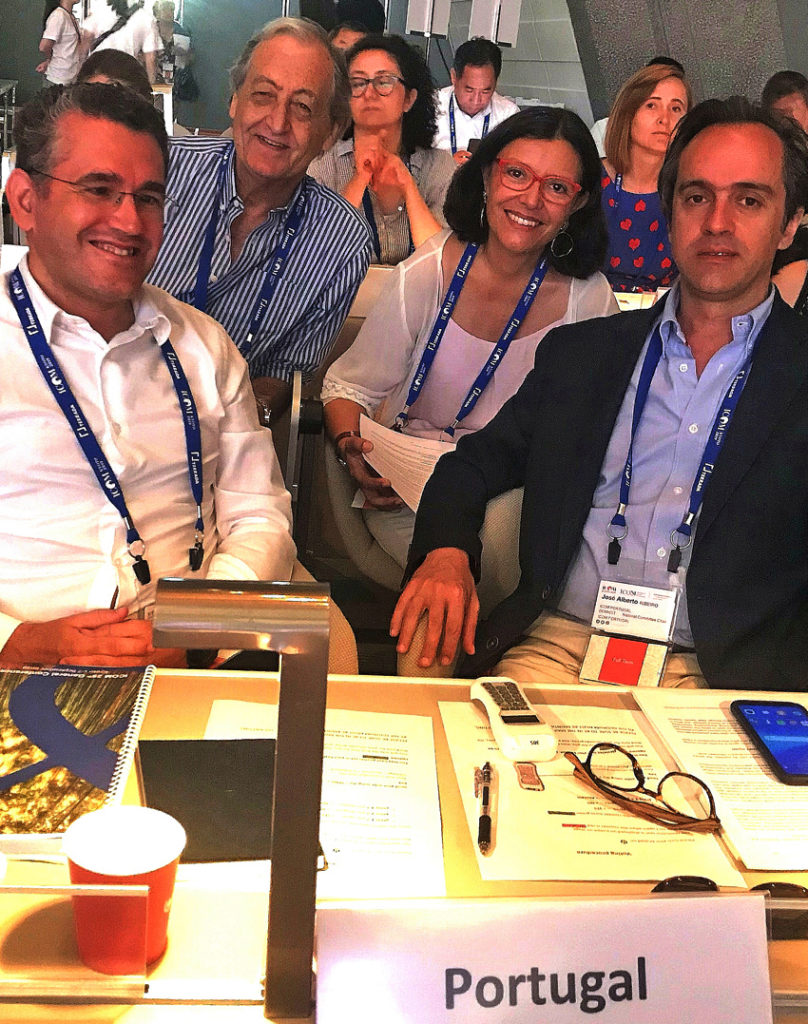
It was even considered that such a proposal could open a space of ambiguity and some uncertainty about the essence and identity of the museum institution, regardless of whether ideas are inscribed in it, already in practice and shared by some of the current museums, but in this understood version as a set of values closer to a vision and mission, to be developed by museums, than a necessarily briefer and more precise definition in its formulation.
When they were removed and suddenly disappeared from the current definition of 2007, expressions such as: “permanent institution”, “education”, “material and immaterial heritage”, the absence of a more solid bridge and proximity between the two definitions became more accentuated.
In this way, it evolved to a generalized feeling that any modification should simultaneously preserve broadly consensual and specific terms about the museum concept and naturally find space for innovation and the incorporation of new global/local emerging challenges, in a institution that as a museum, its PRESENT is revealed through a dynamic and permanent cultural, scientific and social relationship, between PAST and FUTURE.
In a democratic and expressive way, avoiding hasty decisions, the General Assembly, which included the Board of ICOM-Portugal, chose to deepen and continue the debate until the next General Assembly, to be held in 2020, assuming a revealing position of balance, in the search for a new, more consensual definition within the enormous wealth represented by the great and universal museological diversity.
This will certainly be a topic to be monitored and debated in the next “Autumn Meetings”, of ICOM-Portugal and also in the 3rd Jornadas of the RMA-Rede de Museus do Algarve, to be held in Albufeira on the 18th of November.
Author José Gameiro is a member of the Board of ICOM-Portugal and Scientific Director of the Museum of Portimão
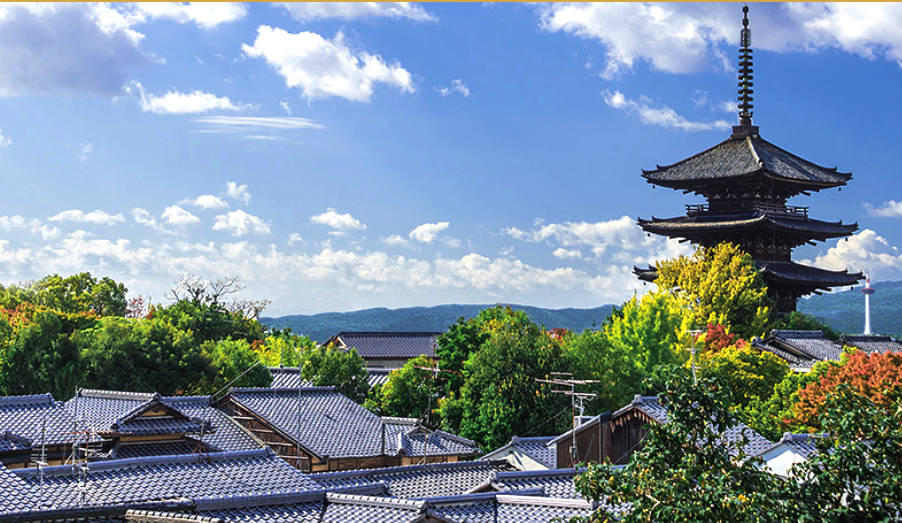
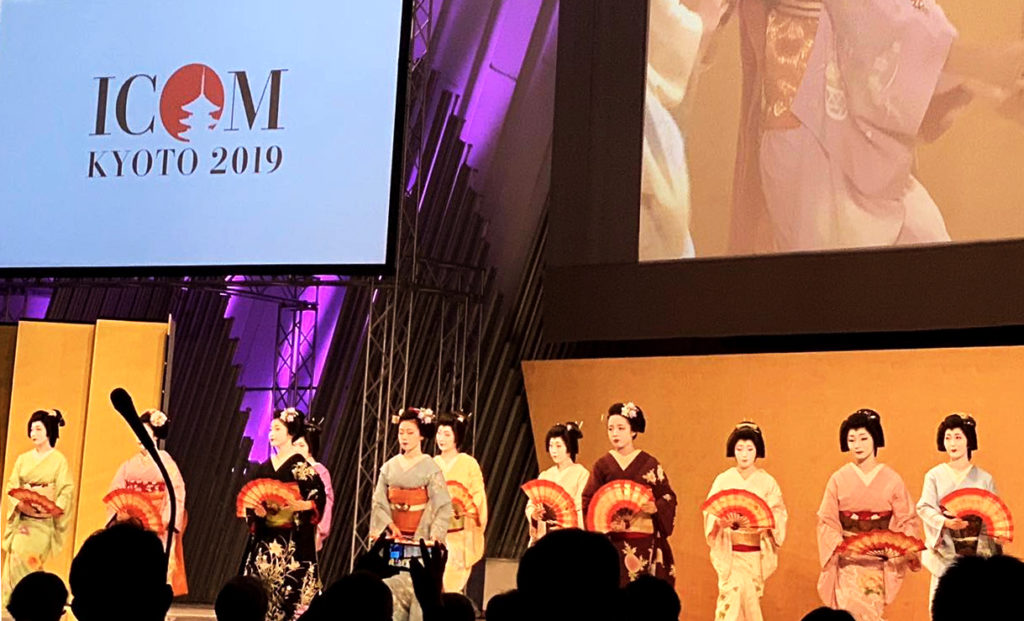
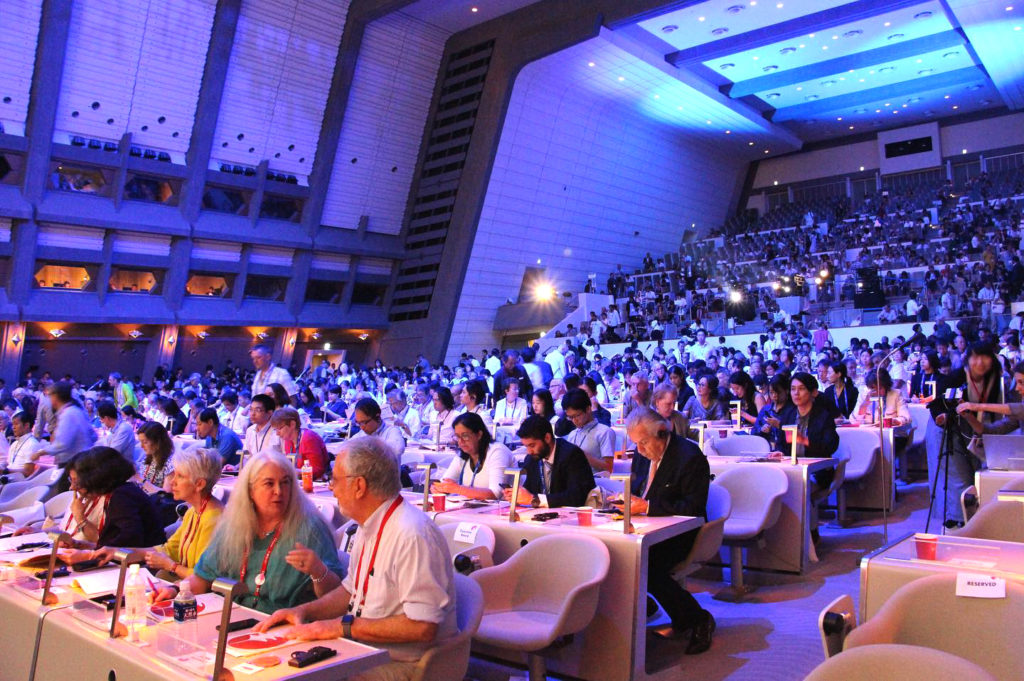
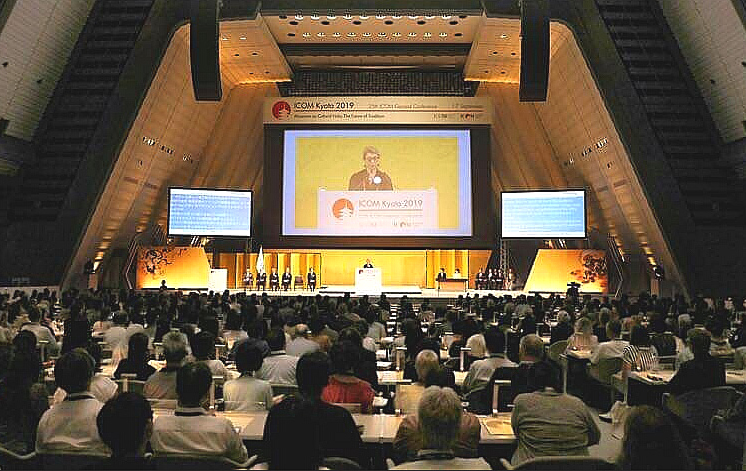
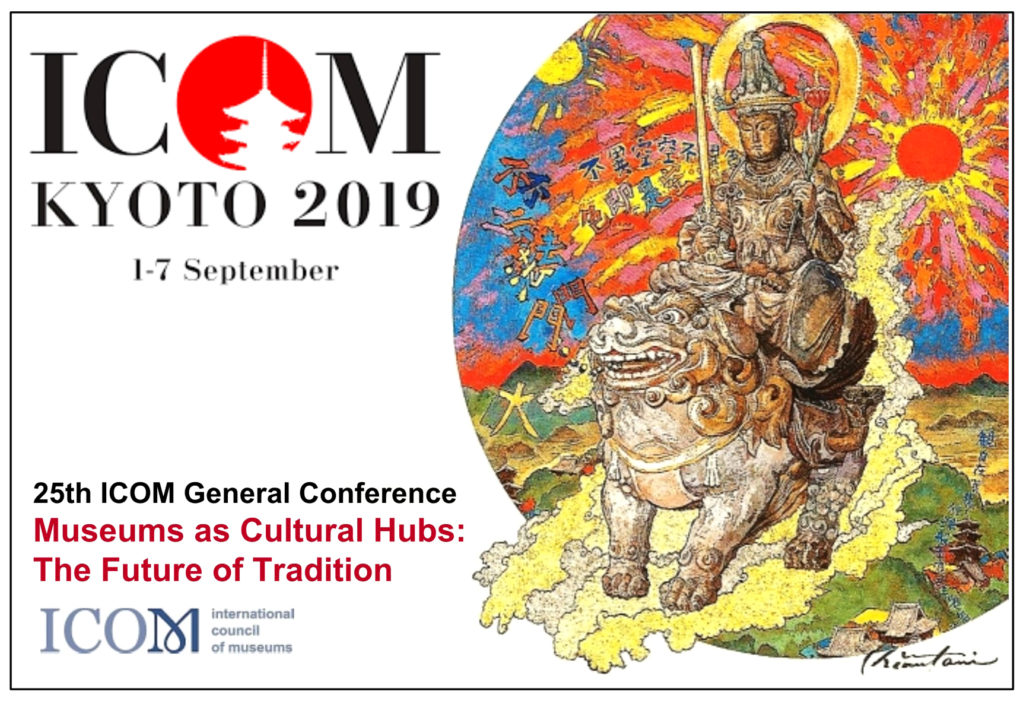


















Comments